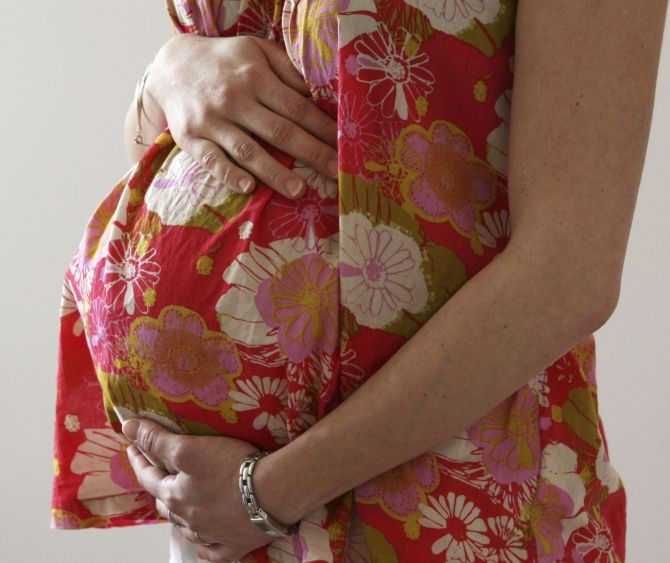Heavy Alcohol Use During Pregnancy Shrinks Child's Brain

Heavy alcohol exposure in the womb leads to poor development of the child's brain, says a new study supported by National Institutes of Health. The effects of the brain's poor development remain until later in life.
"It underscores that heavy drinking during pregnancy often has lasting consequences for the child's growth and development, and reminds us that women who are, who may be, or who are trying to become pregnant, should not drink alcohol," said Ken R. Warren from National Institute on Alcohol Abuse and Alcoholism which provided most of the funding for the study.
During normal brain development, the brain rapidly makes new connections initially and then slows down when the necessary connections are complete. Children whose mother drank a lot of alcohol during pregnancy had delayed brain development. Their brain scans didn't show the normal pattern of brain development that was seen in other children.
The study involved 70 children, whose mother reported to have been heavy drinkers during pregnancy (about 13 drinks per week).
Heavy alcohol exposure was also linked with lower intelligence, greater facial abnormalities and almost no change in the brain volume between scans that were taken once in two years.
About half of the study participants met the criteria for Fetal Alcohol Spectrum Disorder (FASD) - a group of conditions that, according to CDC, are seen in children whose mothers drank higher levels of alcohol during pregnancy. FASDs can be mild to severe and can affect learning, behavior and physical abnormalities.
It's not just exposure to alcohol that affects the brain in a negative way, it is also the kind of families that these children are raised in, researchers say. Previous research has shown that children living in dysfunctional families have smaller brain size.
"The differences in brain maturation may also be related to prolonged dysfunctional experiences throughout childhood and adolescence," said Elizabeth Sowell, senior author and professor of pediatrics at the University of Southern California.
Researchers say that early intervention may help children avoid the negative effects of early alcohol exposure. CDC also says that FASDs are completely preventable, if the mother doesn't drink during pregnancy.
"These findings further illustrate the need for early intervention, as they demonstrate that effective treatments may not only address current difficulties, but may also impact developmental trajectories during later childhood and adolescence in a positive way," said Catherine Lebel, from Department of Neurology, University of California, Los Angeles and the first author of the study.
The study is published in The Journal of Neuroscience.
A recent survey from the Centers for Disease Control and Prevention (CDC) said that one in 13 pregnant women in the U.S. admit that they've drunk during pregnancy.
Published by Medicaldaily.com



























